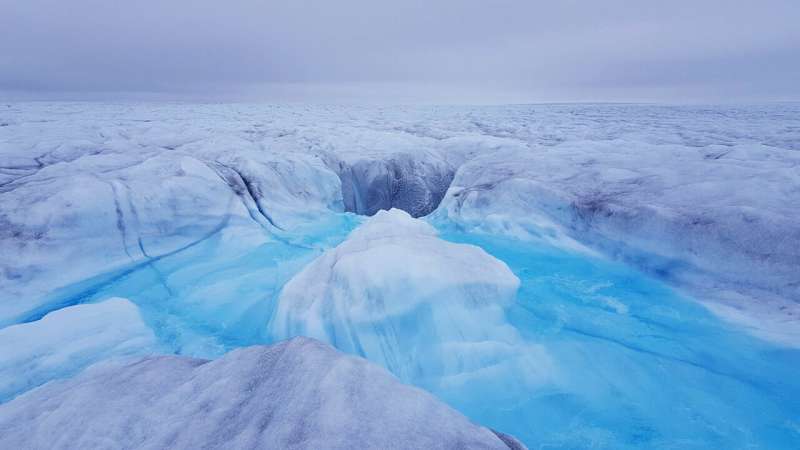
Επιστήμονες στο Πανεπιστήμιο του Τοχόκου ανακάλυψαν ότι το βορικό οξύ καταλύει το σχηματισμό επιμήκων πεπτιδίων τόσο σε ουδέτερες όσο και σε όξινες συνθήκες, έρχεται σε αντίθεση με προηγούμενες θεωρίες ότι οι αλκαλικές συνθήκες ήταν ιδανικές. Η ανακάλυψη άφθονων ορυκτών που περιέχουν βόριο στα αρχαία γήινα πετρώματα υποστηρίζει περαιτέρω τη δυνατότητα ουδέτερων περιβαλλόντων πλούσιων σε βόριο για τη σύνθεση πρεβιοτικών πρωτεϊνών της Γης.
Η αποκάλυψη του μυστηρίου γύρω από την πρώτη εμφάνιση καταλυτικών οργανικών πολυμερών στην πρεβιοτική Γη θα ξεκλειδώσει βασικές έννοιες για την προέλευση της ζωής.
Ερευνητές από το Πανεπιστήμιο του Τοχόκου ανακάλυψαν πρόσφατα ένα πιθανό περιβάλλον στο οποίο μπορεί να συμβεί ο σχηματισμός καταλυτικών οργανικών πολυμερών. Για να κάνουν αυτή την ανακάλυψη, εξάτμισαν λύσεις[{” attribute=””>amino acids that contained boric acid and found that boric acid fosters the creation of polypeptides in both neutral and acidic environments. The longest peptides formed in the experiments were 39 monomer-long glycine polypeptides under a neutral condition.
Previous studies have suggested that highly alkaline evaporative environments served as the place for ancient protein synthesis, yielding up to 20 monomer-long glycine peptides. Neutral conditions were thought to be the worst-case in regards to peptide synthesis.

An ancient coastal area rich in boron could catalyze the polymerization of amino acids. Credit: Yoshihiro Furukawa
Boron-containing minerals have been discovered abundantly in some of the oldest sedimentary-origin rocks found on earth, dating back 3.8 billions-years. These findings suggest that coastal areas of ancient small continents and islands rich in boric acid spontaneously assembled amino acids, forming polypeptides and proto-proteins.
“The formation of polypeptides in neutral environments have important meanings in the chemical evolution of the origin of life,” says lead author Yoshihiro Furukawa, an associate professor at Tohoku University.
Whilst RNAs are rather stable under neutral conditions, they are extremely unstable under alkaline conditions. Boron has been known to help many steps in abiotic ribonucleotide synthesis.
“Boron-rich neutral evaporative environments serve as an ideal place for the formations and interactions between the two essential polymers on prebiotic Earth,” Furukawa says.
This research group is now investigating which amino acids are incorporated in the proto-peptides in this environment.
Reference: “Boron-assisted abiotic polypeptide synthesis” by Yuki Sumie, Keiichiro Sato, Takeshi Kakegawa and Yoshihiro Furukawa, 11 May 2023, Communications Chemistry.
DOI: 10.1038/s42004-023-00885-7

“Ερασιτέχνης διοργανωτής. Εξαιρετικά ταπεινός web maven. Ειδικός κοινωνικών μέσων Wannabe. Δημιουργός. Thinker.”

